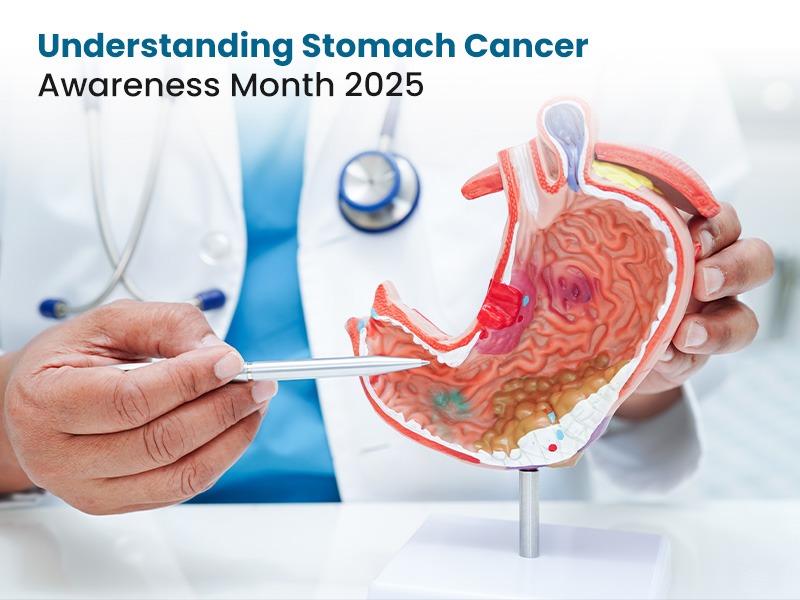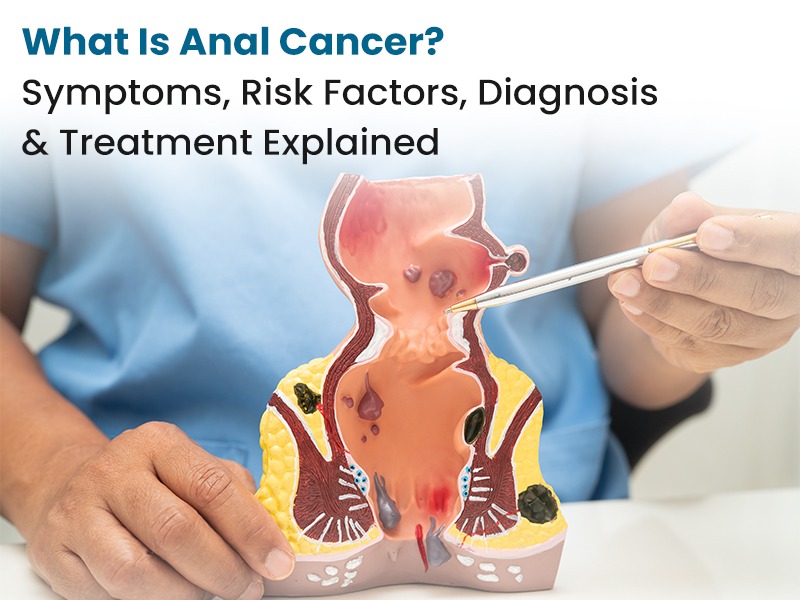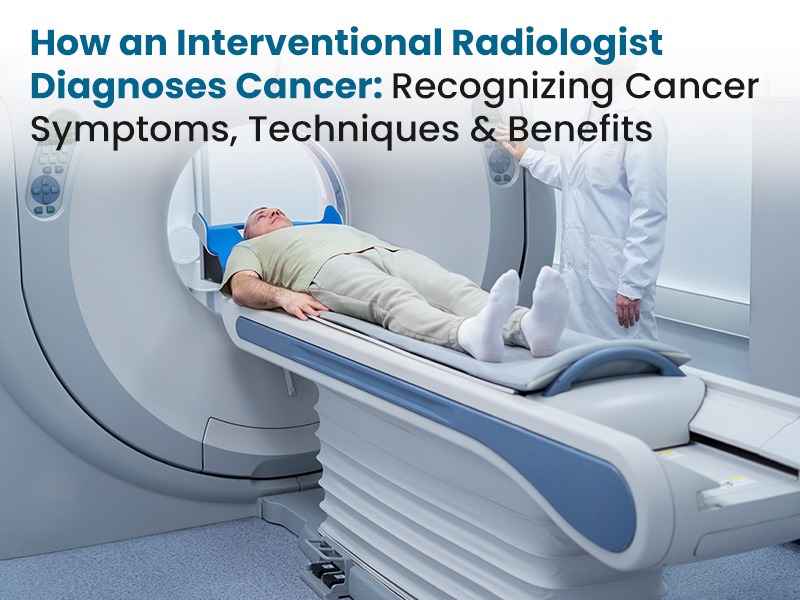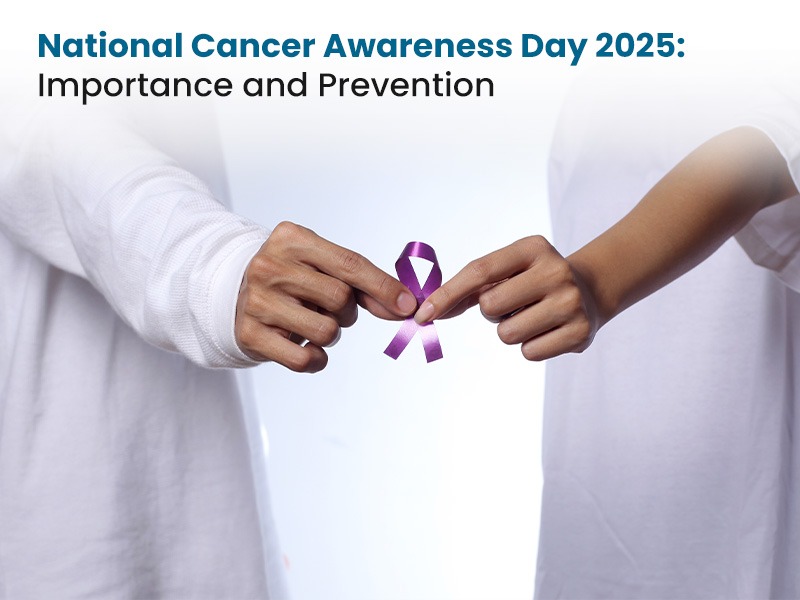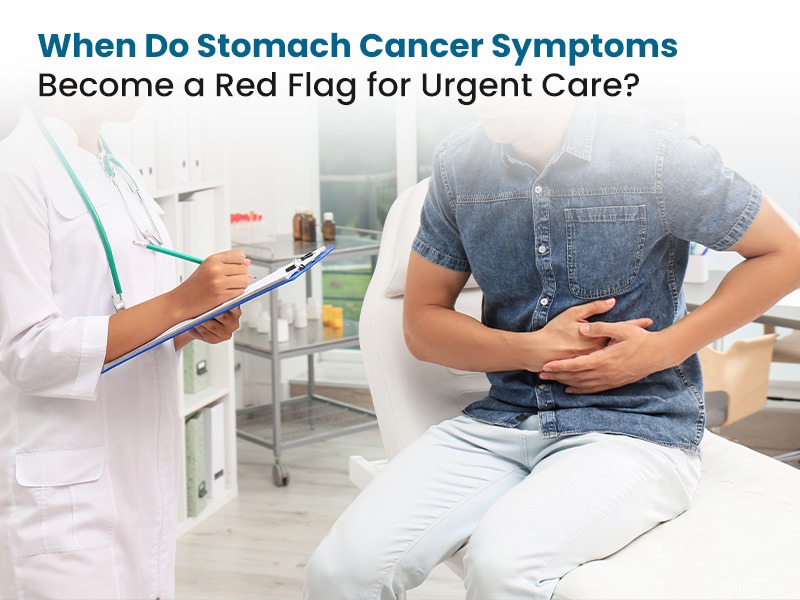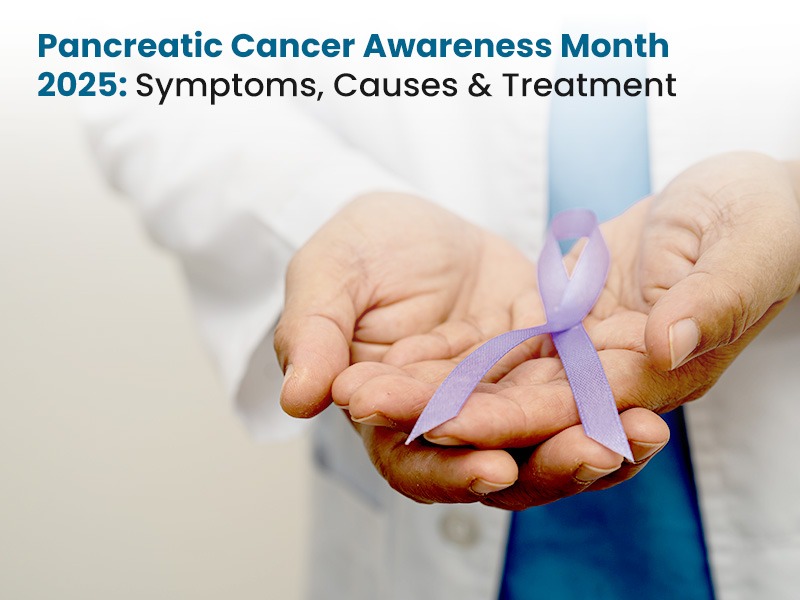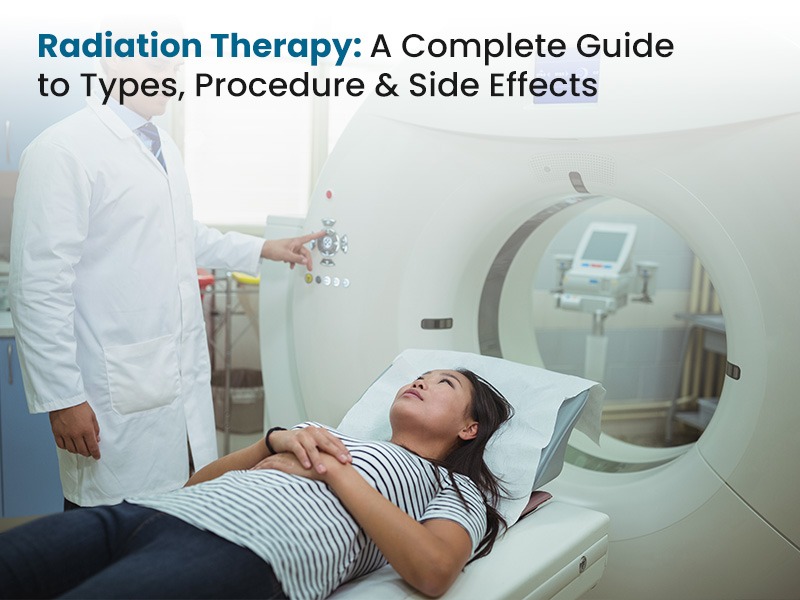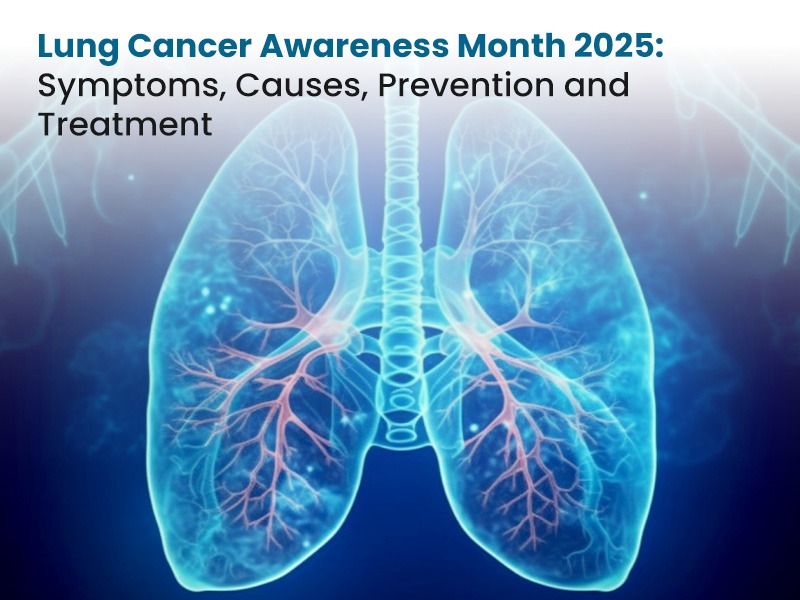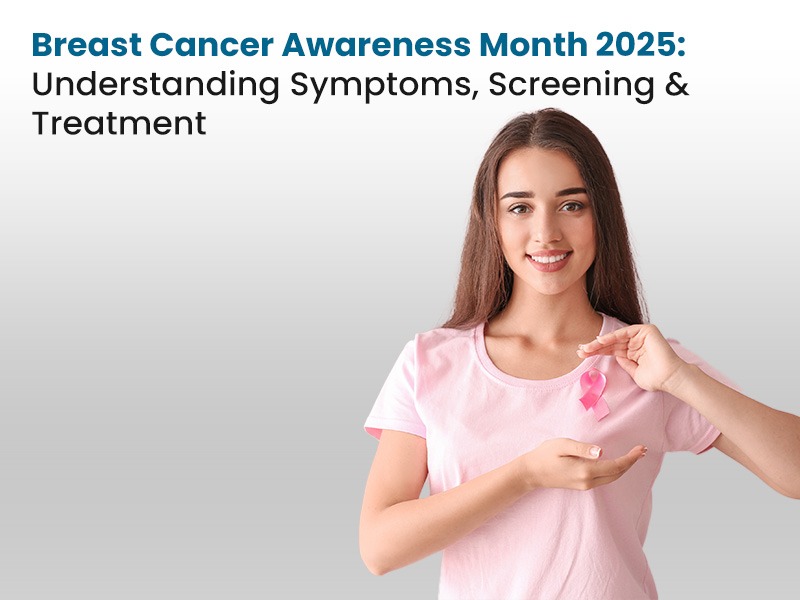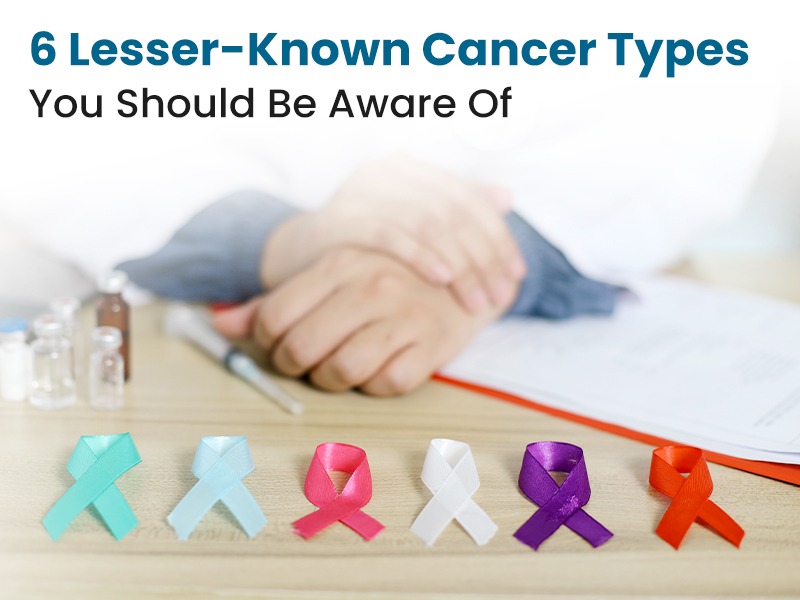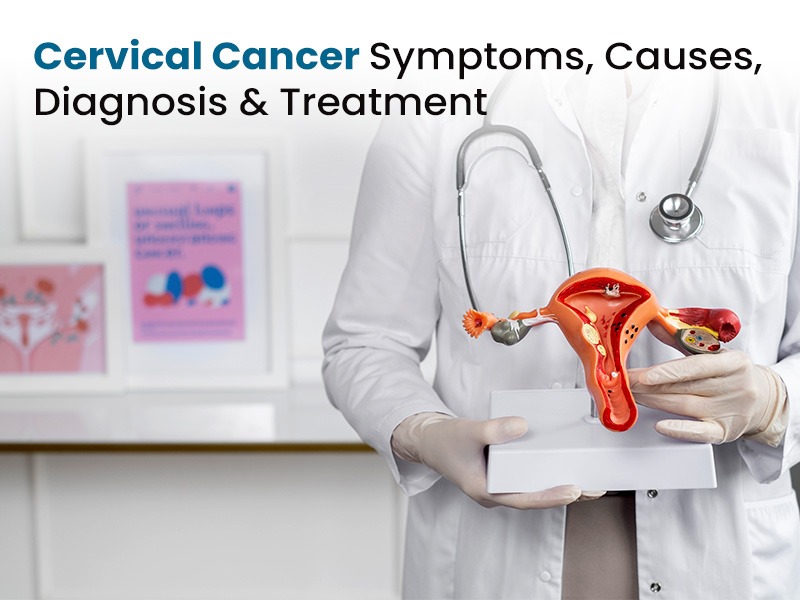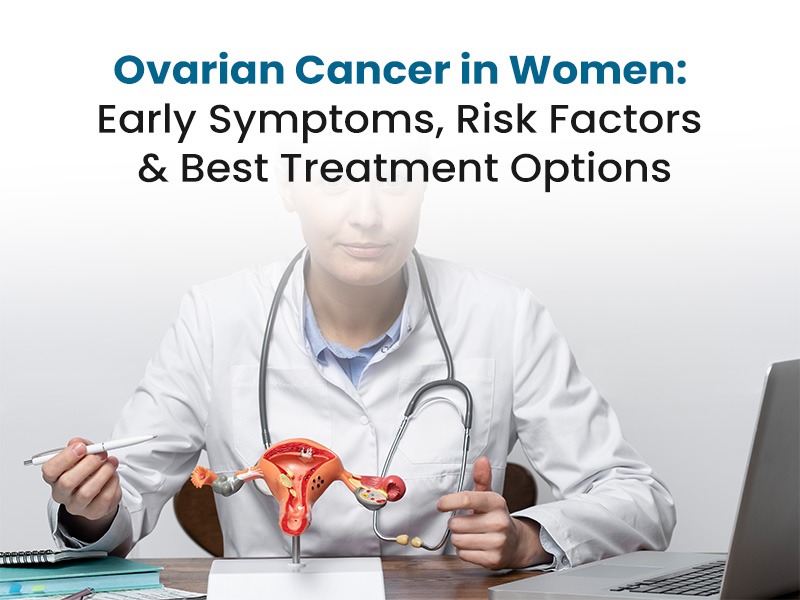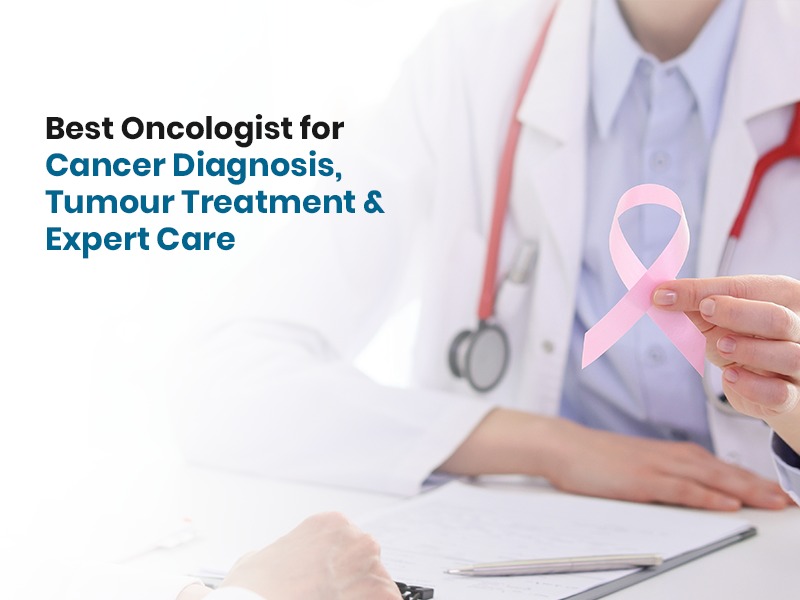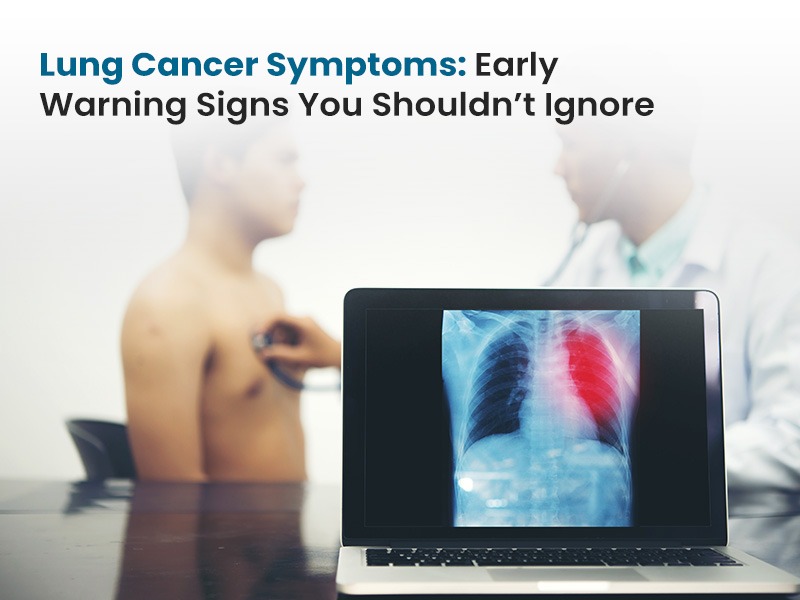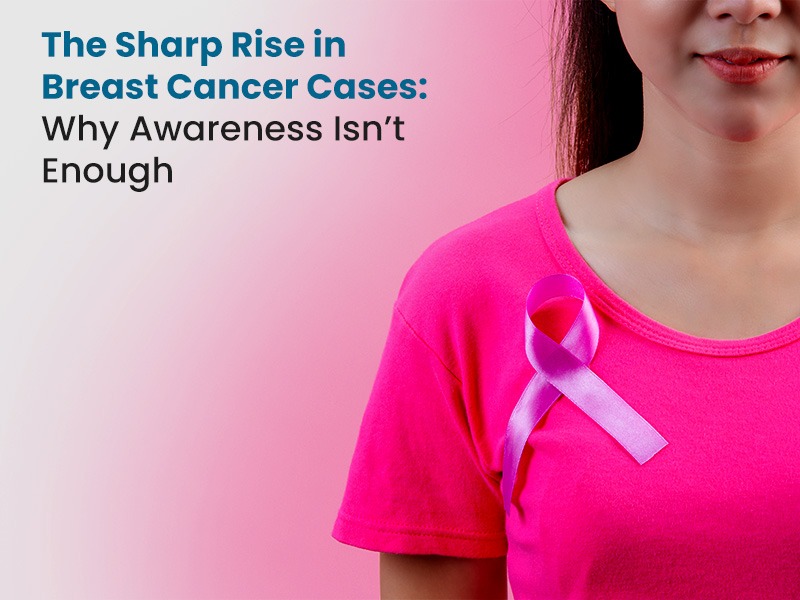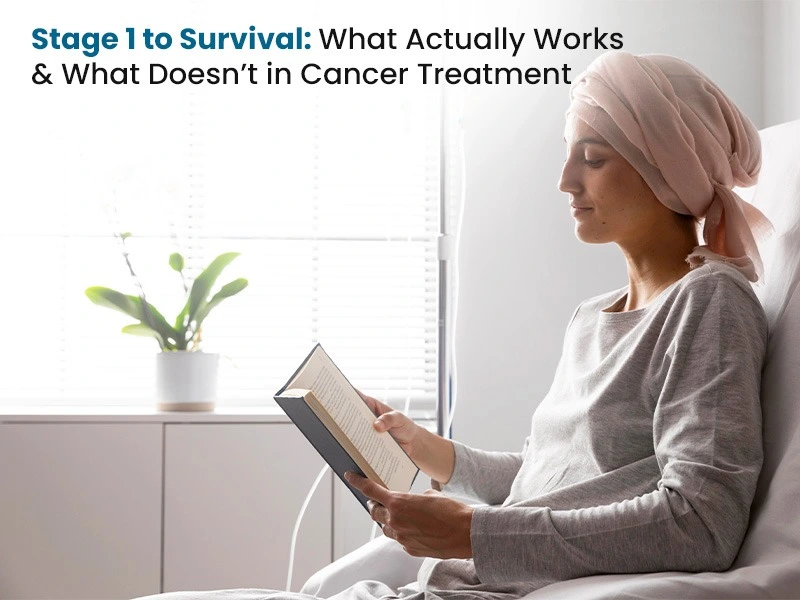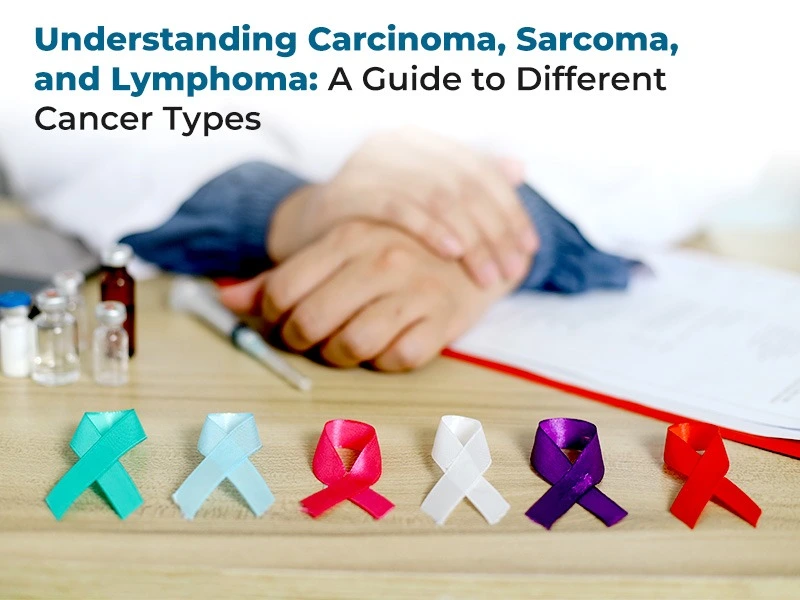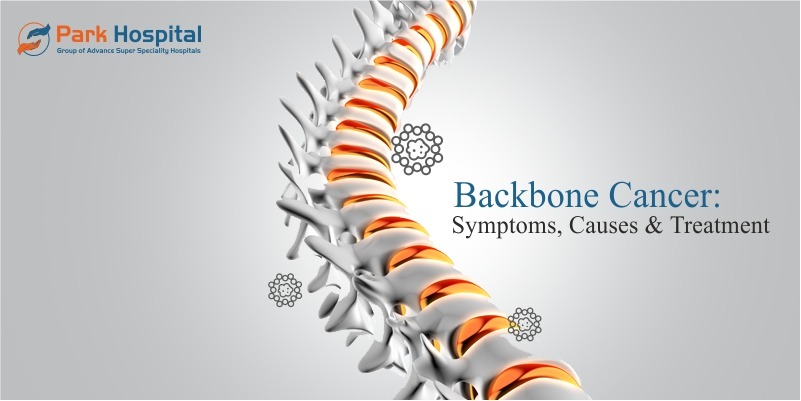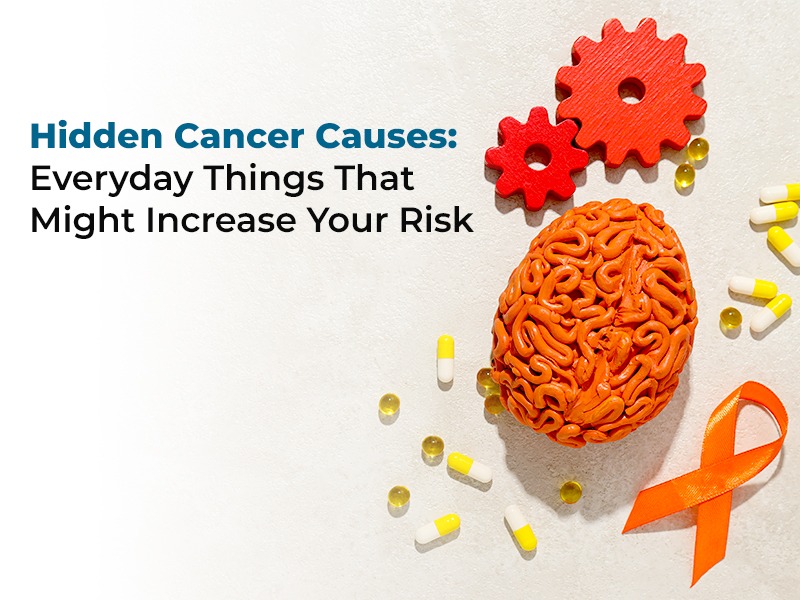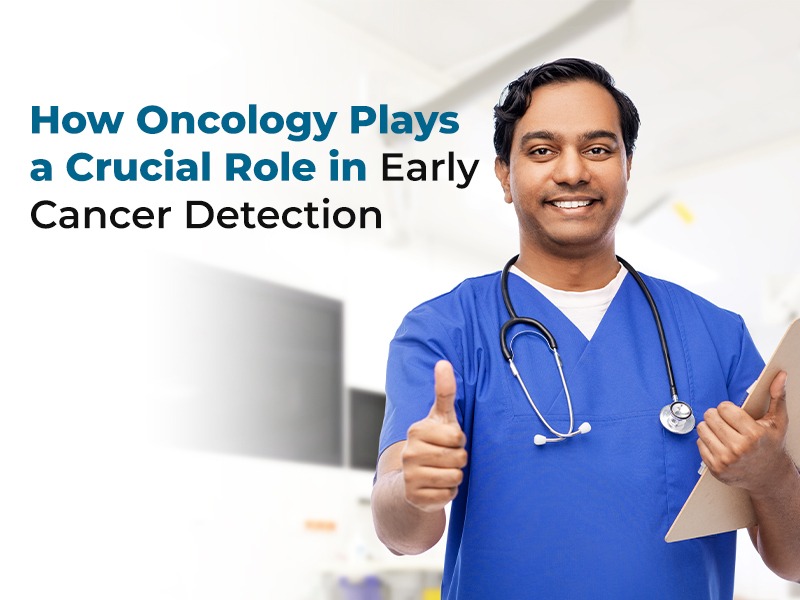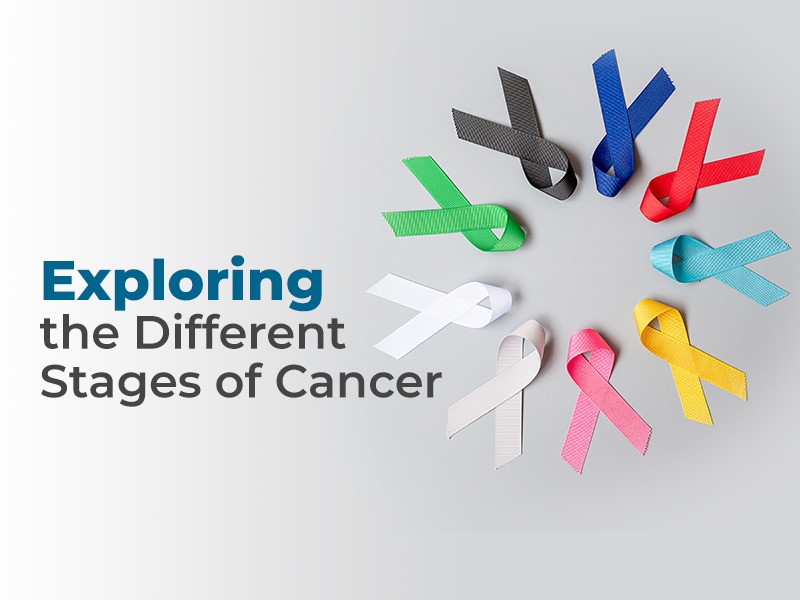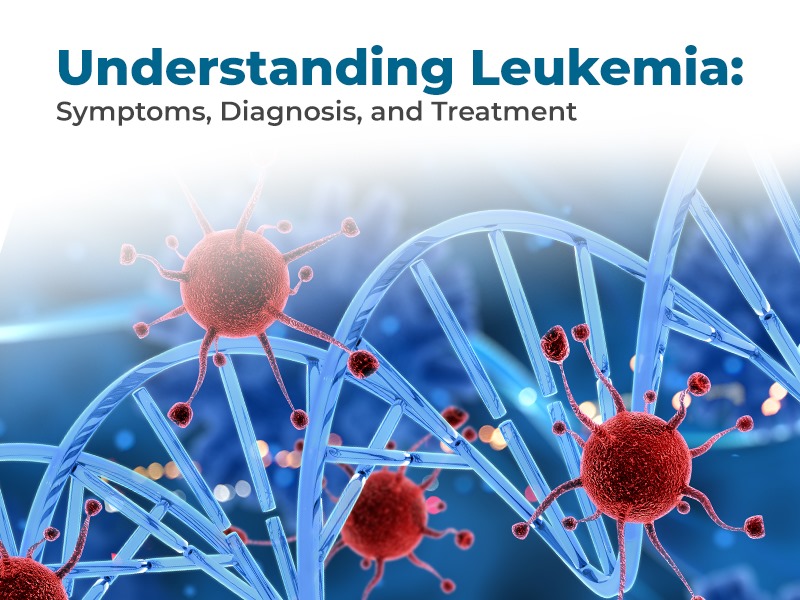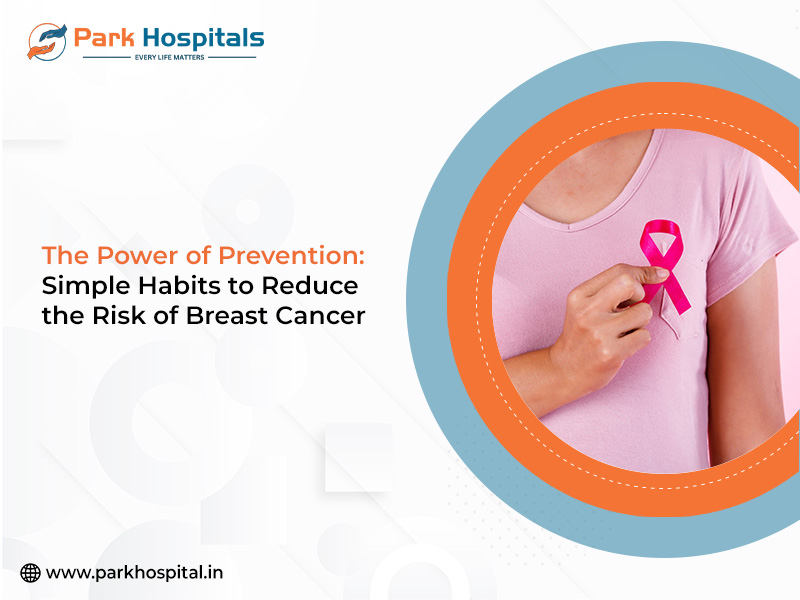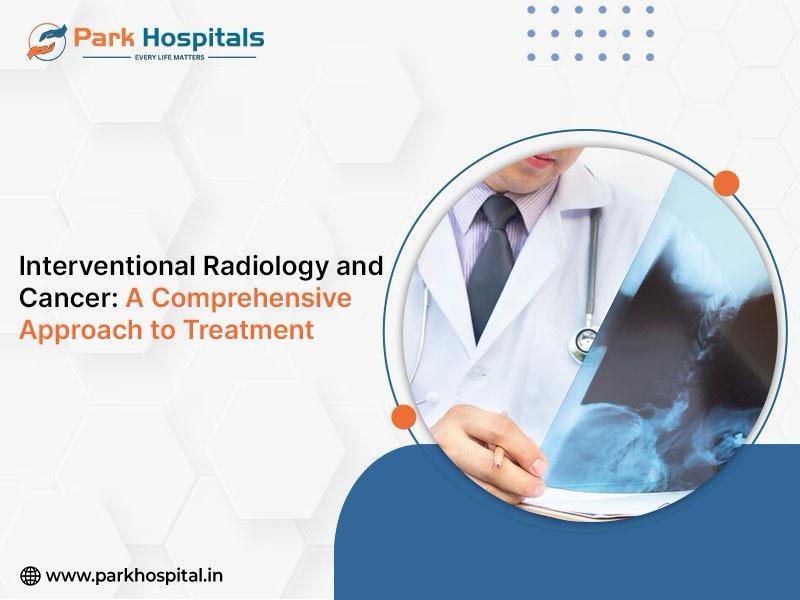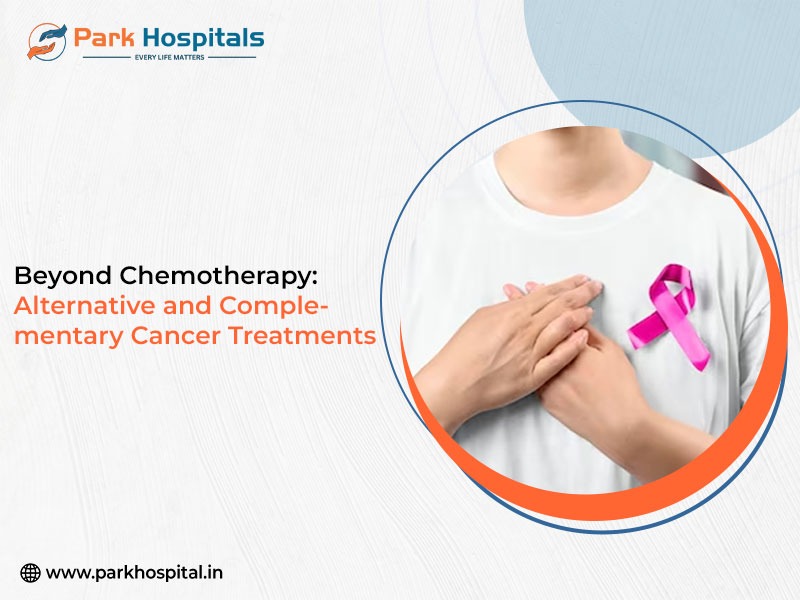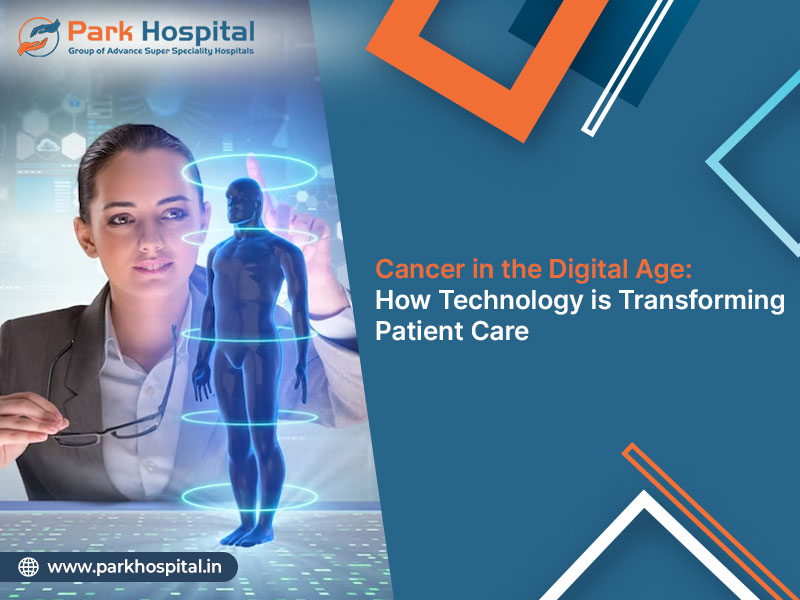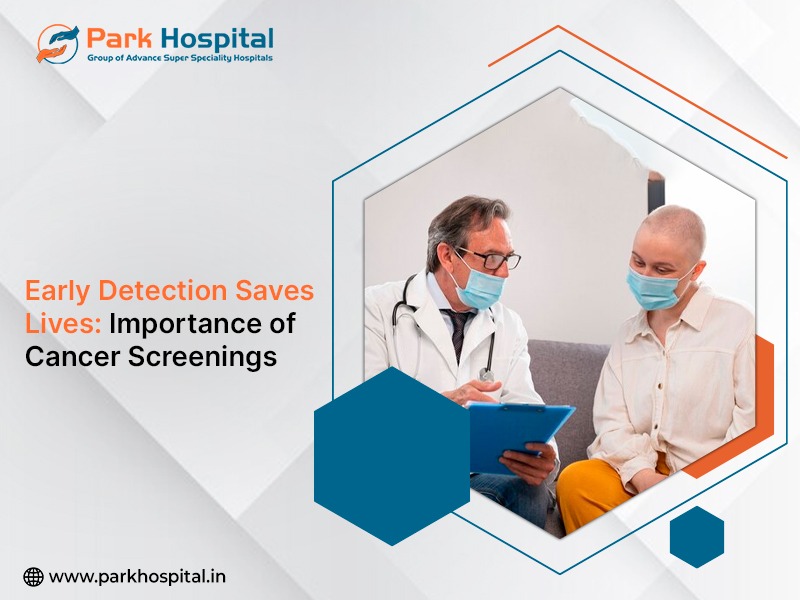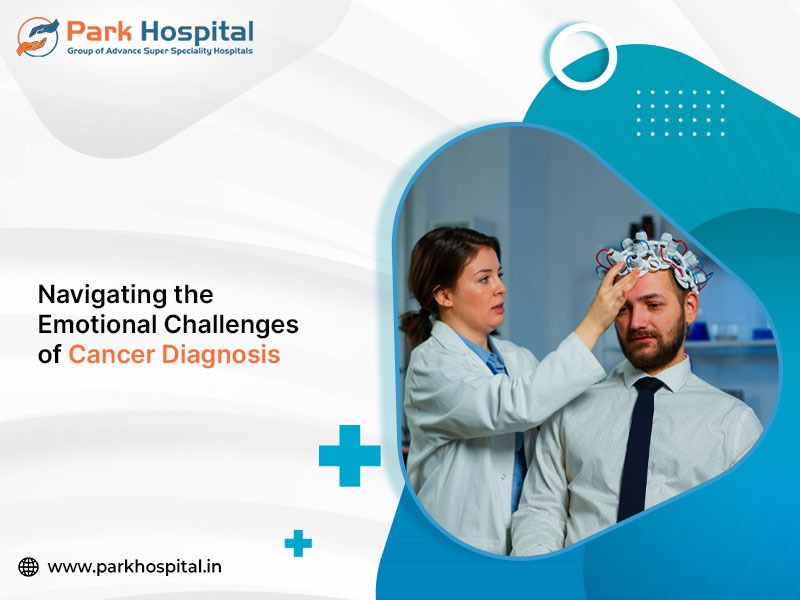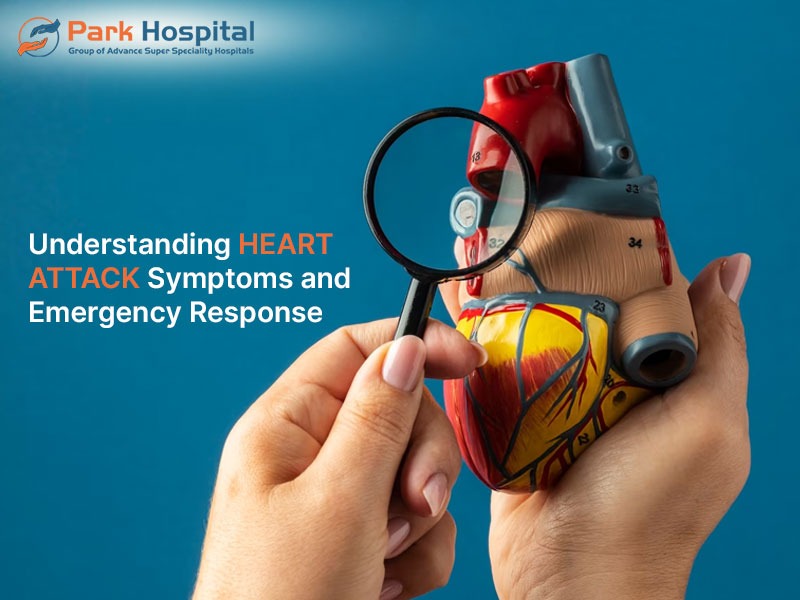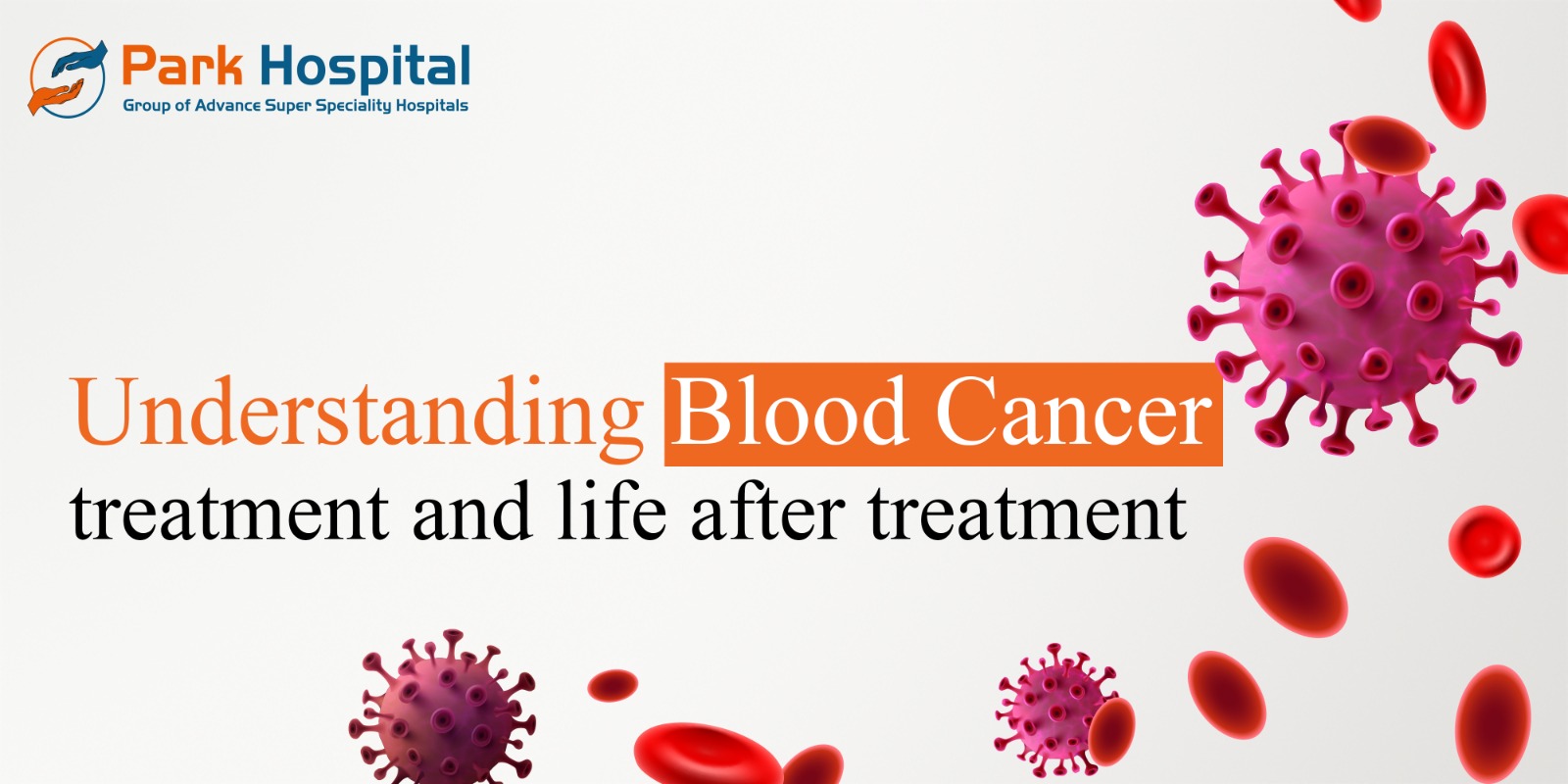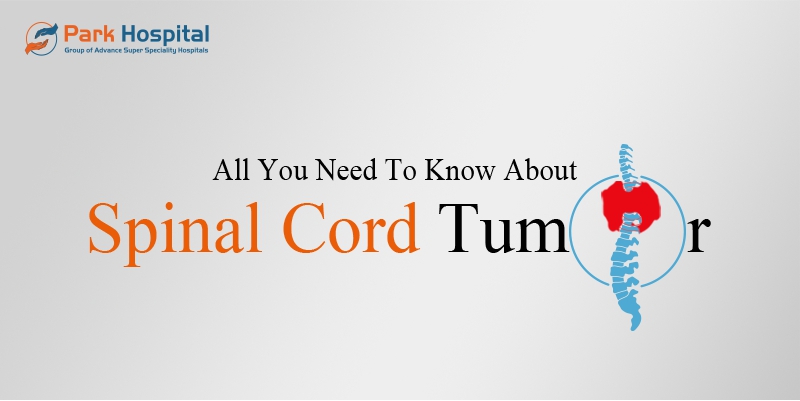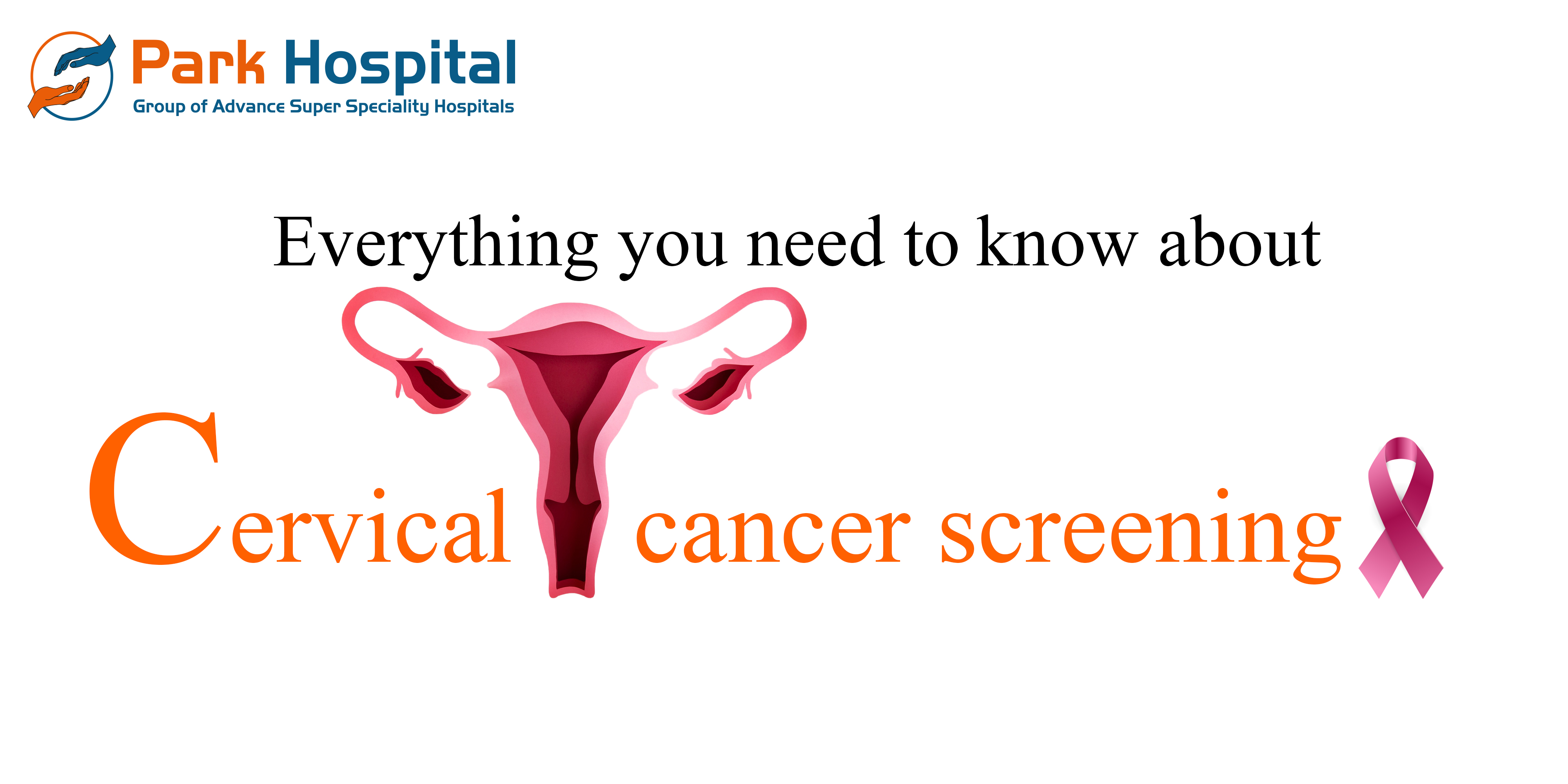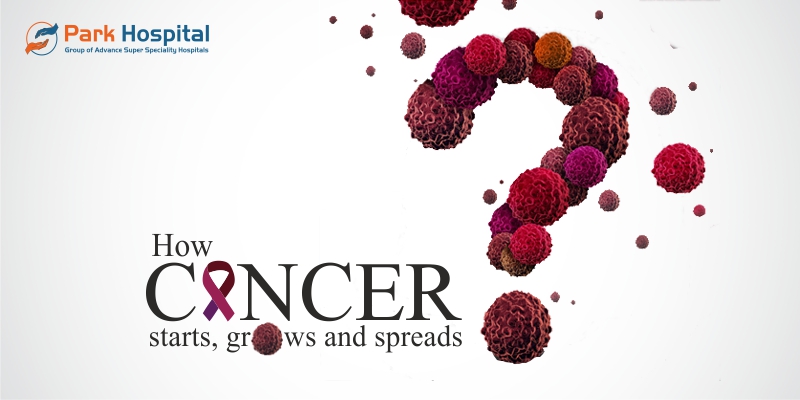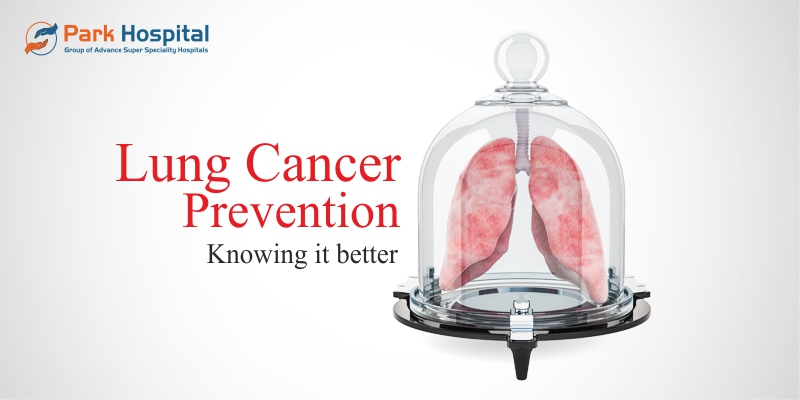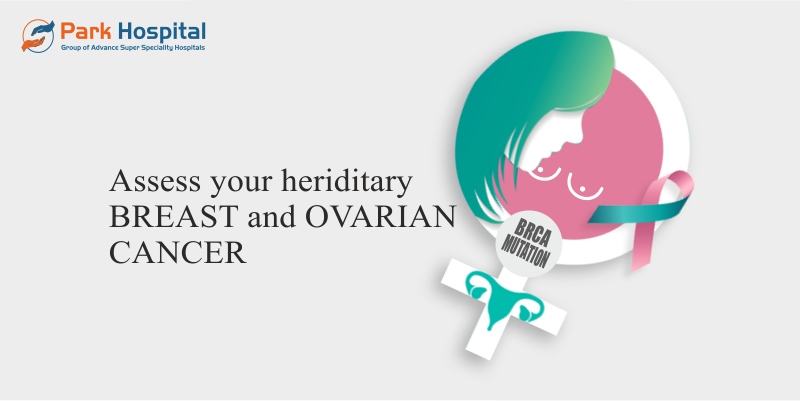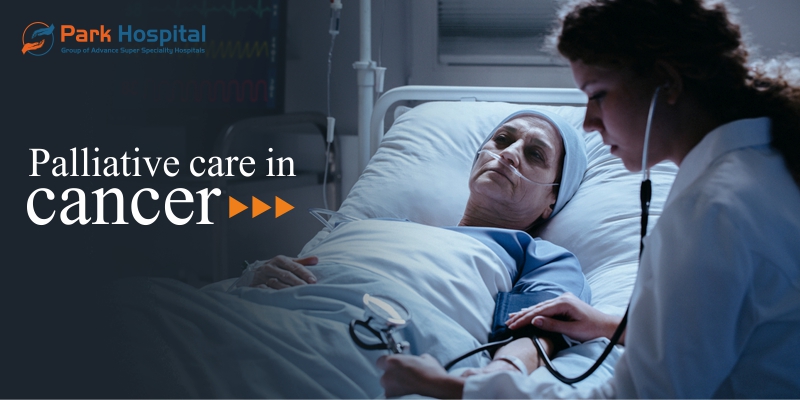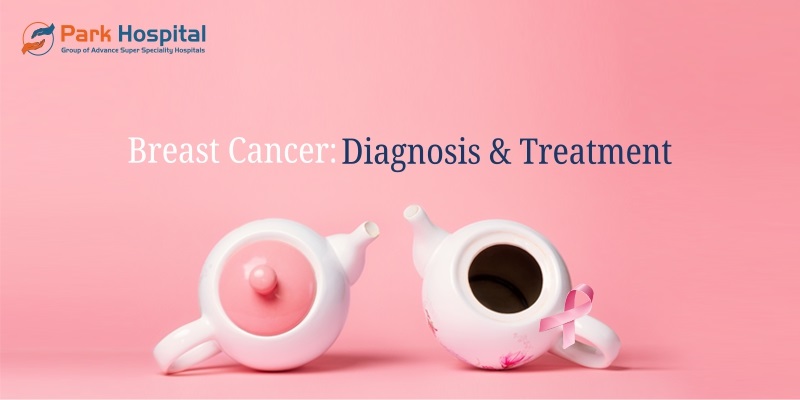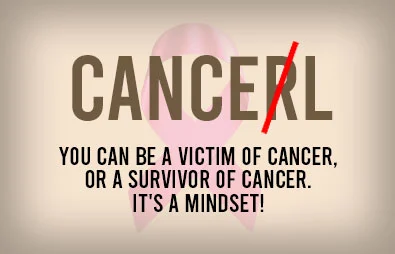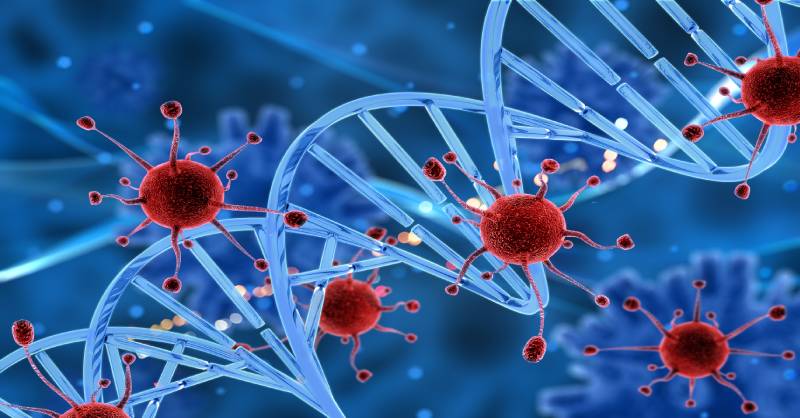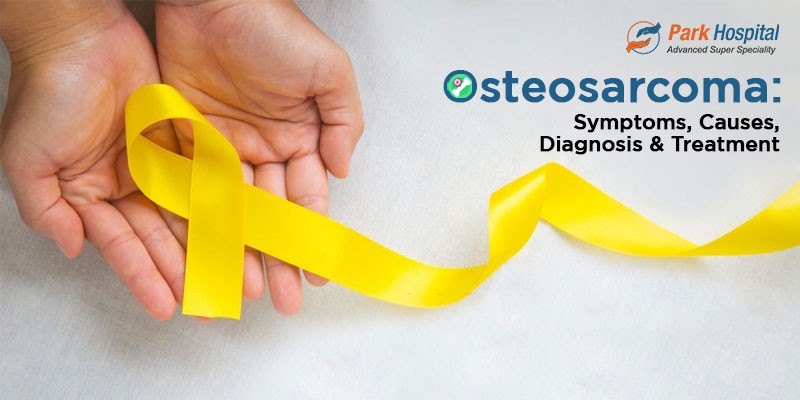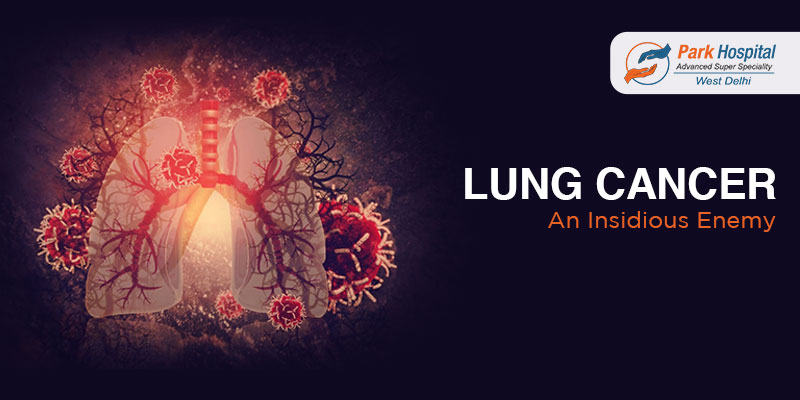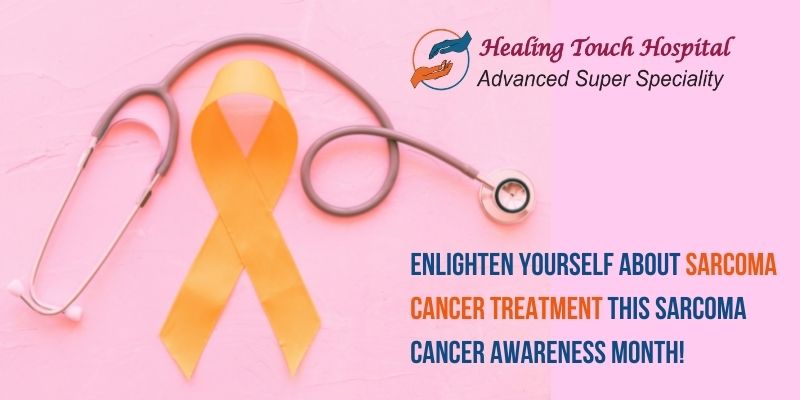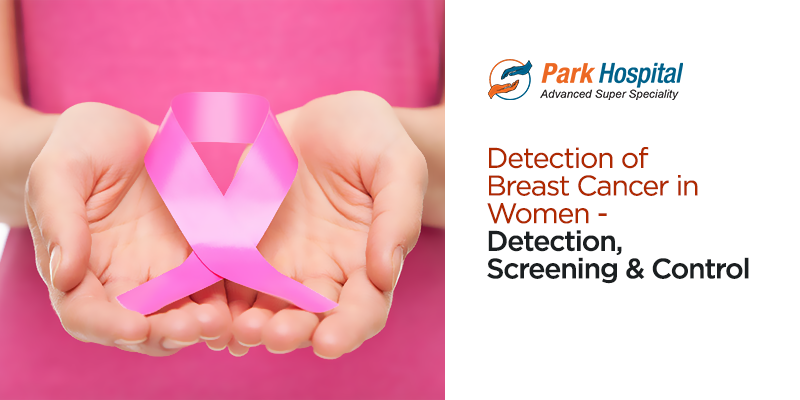November marks Stomach Cancer Awareness Month 2025, a time dedicated to raising awareness about one of the most serious but often overlooked cancers. This month is aimed to raise awareness of stomach cancer, which is one of the most severe diseases that most people don't know much about. The ad underlines how vital it is to find stomach cancer early, identify the warning signs, and adjust your lifestyle to minimize your risk.
"Breaking the Silence on a Silent Killer" is this year's theme. The goal is to get people talking, get frequent check-ups, and learn about symptoms that people don't always notice until the problem grows worse.
At Park Group of Hospitals, we want to raise awareness about cancer and offer full cancer care through our contemporary oncology departments all over India. With the support of the state-of-the-art diagnostic and treatment facilities, our staff make sure that patients and their families get caring care. For booking an appointment or any cancer-related consultation, you can call our 24x7 service helpline at +91 99166 99166.
What is Stomach Cancer?
When cancerous cells form in the lining of the stomach, this is called gastric cancer or stomach cancer. Over time, these cells grow too quickly, which harms nearby organs and tissues. The most common type is adenocarcinoma of the stomach, which comes from the glandular cells of the gastric mucosa.
In its early stages, stomach cancer usually doesn't show any indications, which makes it one of the hardest cancers to discover early. Because of this, programs like Stomach Cancer Awareness Month are highly important for teaching people about the risk factors, symptoms, and the need for early identification.
Common Signs and Symptoms of Stomach Cancer
Knowing about signs of stomach cancer early can have a huge effect on how well treatment works. Some common signs are:
● Persistent indigestion or heartburn
● Abdominal discomfort or pain
● Unexplained weight loss
● Feeling full after eating small meals
● Nausea or vomiting
● Black stool, which may indicate gastrointestinal bleeding
● Fatigue or weakness due to blood loss
A majority of these symptoms are subtle and could be mistaken for less serious digestive issues. You should visit a doctor if they linger more than a few weeks.
Causes and Risk Factors
There are several elements that can make stomach cancer more likely to happen, but it is not always apparent what causes it. Here are a few of them:
● Helicobacter pylori (H. pylori) infection
● Smoking and excessive alcohol consumption
● Diets high in salty, smoked, or processed foods
● Family history of gastric cancer
● Chronic gastritis or stomach polyps
● Obesity and poor dietary habits
When the stomach lining is irritated for a long time or when genes mutate, cancer can also happen. Our cancer doctors at Park Hospital put a lot of emphasis on lifestyle recommendations and screenings for those who are more likely to have cancer
How is Stomach Cancer Diagnosed?
Finding stomach cancer early greatly increases the stomach cancer survival rate. There are a few techniques for doctors to identify and confirm stomach cancer:
Endoscopy: A thin tube with a camera is used to view the stomach lining.
Biopsy: Tissue samples are collected for laboratory testing.
Imaging tests: CT scans, PET scans, and ultrasounds help determine the stage and spread of cancer.
Blood tests: Used to check for anemia and tumor markers.
Regular screenings are recommended, especially for individuals with a genetic tendency or persistent gastrointestinal issues.
Stages of Stomach Cancer
Stage 1: The cancer is only in the lining of the stomach.
Stage 2: Cancer develops farther into the stomach wall or lymph nodes that are close by.
Stage 3: Cancer has spread to more lymph nodes and tissues close by.
Stage 4: This is when the cancer has progressed to other organs, such as the liver or lungs. At this point, it is called stage 4 stomach cancer.
Early detection can considerably improve the odds of survival and lessen the need for extensive treatment.
Treatment Options
How gastric cancer is treated depends on the stage, type, and overall health of the patient. The most popular ways to treat are:
● Surgery: Procedures like gastrectomy (partial or total removal of the stomach) are often used to remove cancerous tissue.
● Chemotherapy: Drugs that target cancer cells throughout the body.
● Radiation therapy: Focused energy beams that destroy cancer cells.
● Targeted therapy and immunotherapy: Modern treatments that attack specific cancer cell mechanisms or boost the body’s immune system to fight the disease.
Our multidisciplinary oncology team at Park Group of Hospitals creates advanced treatment regimens that are specific to each patient's situation. This makes sure that they get complete care from diagnosis to recovery.
How to Prevent Stomach Cancer
Not all cases of stomach cancer may be avoided, however living a healthy life can lower the risk. Here are some things you can do to avoid problems:
● Eat a balanced diet rich in fresh fruits, vegetables, and whole grains.
● Limit the intake of smoked, pickled, and processed foods.
● Avoid tobacco and alcohol use.
● Maintain a healthy body weight.
● Treat chronic gastritis and H. pylori infection promptly.
● Schedule regular check-ups, especially if you have a family history of gastric cancer.
Taking these precautions to avoid adenocarcinoma of the stomach and its consequences will greatly lower your risk.
Living with Stomach Cancer
Receiving a diagnosis of stomach cancer can be emotionally and physically challenging. Support from family, friends, and healthcare professionals is vital for recovery. Patients are encouraged to:
● Follow treatment plans closely.
● Seek nutritional guidance to manage appetite changes.
● Join cancer support groups for emotional well-being.
● Stay active and maintain a positive outlook.
At Park Group of Hospitals, we believe in holistic healing that addresses both the medical and emotional needs of our patients.
Conclusion
Stomach Cancer Awareness Month 2025 serves as a reminder that awareness and early detection save lives. The theme, “Breaking the Silence on a Silent Killer,” urges everyone to pay attention to subtle digestive symptoms, talk openly about their concerns, and seek timely medical advice.
With expert oncologists, advanced diagnostic technology, and patient-centered care, Park Hospital stands committed to fighting stomach cancer and offering hope to patients and their families.
If you or a loved one experience persistent digestive discomfort, unexplained weight loss, or black stool, consult a specialist immediately. For expert guidance, visit Park Group of Hospitals or call the 24x7 helpline at +91 99166 99166 for assistance.

